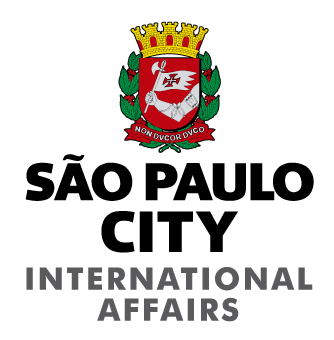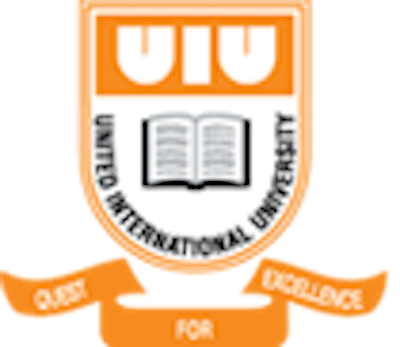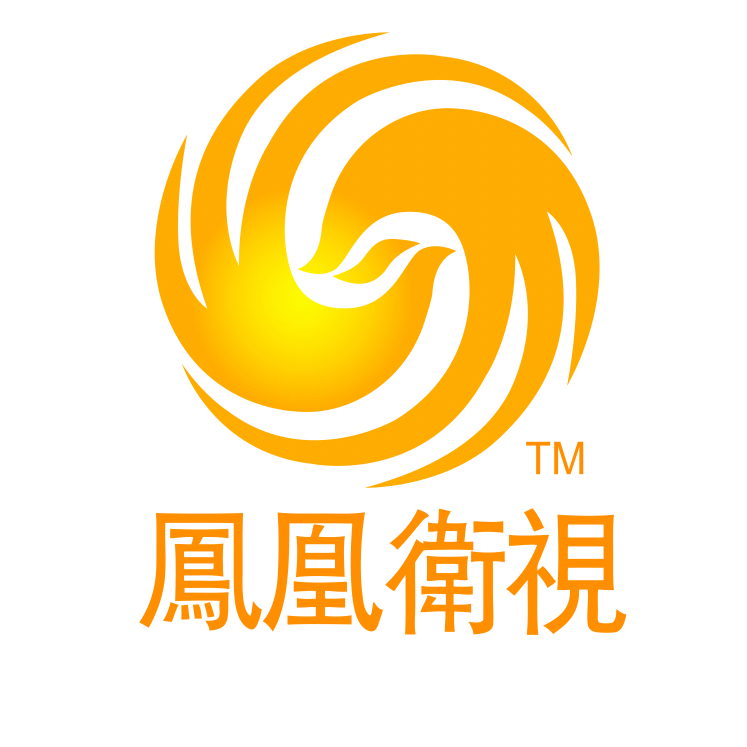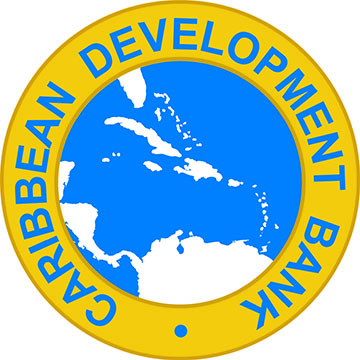Institute for Applied Economic Research (IPEA)
Description
About:
The Institute for Applied Economic Research (Ipea) is a public institution that provides technical support to the federal government with regard to public policies: fiscal, social and economic. Ipea’s headquarters are located in Brasília, and there is a branch in Rio de Janeiro. The Institute has around 800 employees. More than 200 of its research staff members are doctors and post-doctors.
The think tank’s main goals are the following:
- evaluate and propose essential public policies and programs to improve the social, economic and structural development of the country;
- formulate prospective studies to guide development strategies for medium and long-term outcomes;
- assist the Brazilian federal government in its aim to improve the efficiency of its decisions; and
- contribute to the improvement of the public debate related to the country’s development endeavors and government actions.
Ipea was founded in 1964 with the purpose of aiding the federal government in planning the country’s strategic development and growth. Since then the Institute has assisted and evaluated the federal government in all its social and economic actions in order to improve the efficiency of public policies as a whole.
In 2016 Ipea published more than 300 studies and research reports, as well as hosted more than 260 events and seminars to debate its publications. This large-scale production of knowledge is the result of the researchers’ and employees’ work combined with partnerships with national and international institutions – such as the Agence Française de Développement (AFD), the International Labour Organization (ILO), and the Hebei Academy of Social Sciences in China –, formalized in more than 140 technical cooperation agreements. As a federal public institution, Ipea makes the files of all its researches and studies available, free of charge, in its website (www.ipea.gov.br).
Mission:
“To enhance public policies that are essential to Brazilian development by producing and disseminating knowledge and by advising the state in its strategic decisions.” Its structure is divided into departments dedicated to different studies and policies.
SECTOR
Development Cooperation
Country
Brazil
SDG
01 - No Poverty, 02 - Zero Hunger, 03 - Good Health and Well-being, 04 - Quality Education, 05 - Gender Equality, 06 - Clean Water and Sanitation, 07 - Affordable and Clean Energy, 08 - Decent Work and Economic Growth, 09 - Industry, Innovation and Infrastructure, 10 - Reduced Inequalities, 11 - Sustainable Cities and Communities, 12 - Responsible Consumption and Production, 13 - Climate Action, 14 - Life Below Water, 15 - Life on Land, 16 - Peace and Justice Strong Institutions, 17 - Partnerships for the Goals
Organization Type
Academia / Think Tank
Similar Organizations





